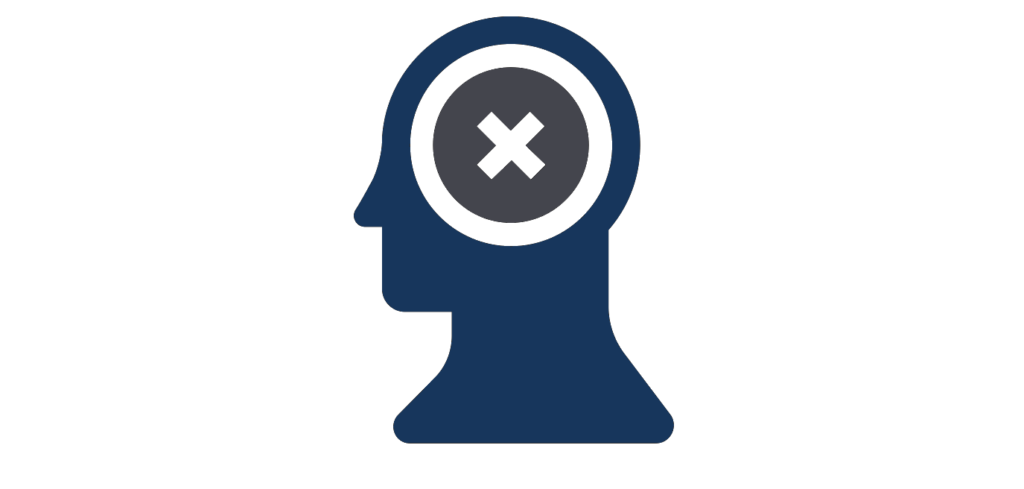You say ‘potato,’ and I say ‘potahto.’ You say ‘censorship,’ and I say ‘the right to be forgotten.’
 As we know, all of our online activity is recorded. This doesn’t just include the obvious, like profiles, posts, and photos. According to Ctrl+Z by Meg Leta Jones, search engines like Google also collect “device information (such as your hardware model, operating system version, unique device identifiers, and mobile-network information include phone number), log information (including search queries; telephony log information; IP address; and device event information such as crashes, system activity, hardware settings, browser types, browser language, the date and time of your request, and referral URL, and cookies), location information (including GPS, sensor data, and WiFi access point), local storage, and cookies and anonymous identifiers when interacting with partner services.”
As we know, all of our online activity is recorded. This doesn’t just include the obvious, like profiles, posts, and photos. According to Ctrl+Z by Meg Leta Jones, search engines like Google also collect “device information (such as your hardware model, operating system version, unique device identifiers, and mobile-network information include phone number), log information (including search queries; telephony log information; IP address; and device event information such as crashes, system activity, hardware settings, browser types, browser language, the date and time of your request, and referral URL, and cookies), location information (including GPS, sensor data, and WiFi access point), local storage, and cookies and anonymous identifiers when interacting with partner services.”
On top of that, individual companies that gather pieces of this data often choose to partner with each other, creating an even more powerful web of trackability.
Some people, like Scott McNealy, the CEO of Sun Microsystems, believe “you have zero privacy anyway. Get over it.” But others disagree.
On January 25, 2012, Article 17 of the European Union Data Protection Regulation amendment proposed “the right to be forgotten and to erasure,” under which citizens would have the right to force deletion of personally identifying data from search results. Since then, the phrase ‘the right to be forgotten’ has been used to refer to a wide variety of digital reinvention/redemption methods. Of course, there are far too many examples of personally identifying digital information that has been emotionally, financially, or practically damaging. A public photo of underage drinking can affect a someone’s ability to get into college or get a job. A viral news story (true or false) can lead to “reputation bankruptcy” or “digital PTSD.” So why shouldn’t we consider methods of obscuring damaging digital information?
Well, some people are disturbed by the idea of digital erasure. They ask: How is that different from censorship? What if the information is true and relevant? Isn’t that akin to rewriting history?
In “Two Western Cultures of Privacy,” James Whitman argues that our opinion on this topic is often related to our cultural upbringing. For instance, in the United States, the First Amendment has a “firstness” which tends to place freedom of speech above other rights and interests. However, in Europe (as the EU Charter states), “Human dignity is inviolable;” Europeans tend to take a firmer stance on private life, personhood, and digital privacy.
And even if the US and the EU wanted to uphold different stances on ‘the right to be forgotten,’ Jones writes in Ctrl+Z that legal jurisdiction is “generally based on sovereignty (boundaries and borders), but cyberspace is (semi)borderless and therefore problematic.” The fuzziness of digital borders makes it even less likely that legislation protecting digital privacy will be developed and enforced.
So, what to do?
Jones writes that, in the face of little to no legal protection, individual users often “actively exercise obfuscation by posting pseudonymously, monitoring privacy and group settings in social networks, deleting cookies, lying to website, utilizing password and encryption protections, and maintaining multiple accounts and profiles.” Personally, I have turned off Siri and refused to buy products like Amazon Echo and Google Home; I’ve disabled location services/history as much as possible and I’ve avoided clicking on news stories that violate personal privacy (which Monica Lewinsky called “click[ing] with compassion” in her TED talk.)
But despite these small measures, most of us still post on social media, use public WiFi, and accept apps’ Terms & Conditions without reading them. And major corporations continue to gather and sell our data. So individual, sporadic attempts at obfuscation just won’t be enough to address our digital health concerns.
So, what do you think we should do?
Header image by Gregor Cresnar from Noun Project

